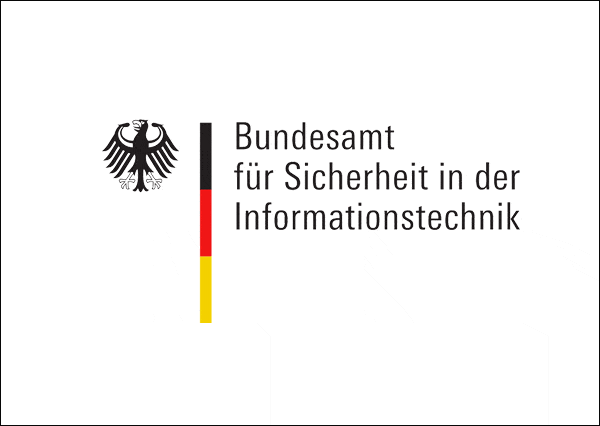
cryptovision delivered smart card solution for the POSeIDAS project
The challenge for BSI
eIDAS is the EU regulation for digital signatures. In 2016, eIDAS replaced national laws such as the German Signature Act. eIDAS is intended to simplify the handling of digital signatures and make the entire technology more attractive. As is usual with such laws, eIDAS only sets a general framework, while the technical details are left to further regulations and standards.
The Federal Office for Information Security (BSI) and its French counterpart ANSSI are among the first to develop technical details for eIDAS. Together, they have developed an eIDAS-compliant smart token specification based on the technology of the German identity card (TR-03110): the eIDAS Token.
The BSI has also awarded a project called POSeIDAS to cryptovision, HJP Consulting and Governikus. This project is about three things:
- Implementation of an eIDAS token as smartcard
- Implementation of a software that simulates the functions of an eIDAS token.
- Implementation of an eIDAS server as a prototype
Our solution for BSI
cryptovision supplied the smart card solution for the POSeIDAS project. This is the first implementation of the eIDAS functions on a card chip. This solution uses the cryptovision product ePasslet Suite, a modular Java Card-based framework for multifunctional identity documents. ePasslet Suite, which is already used in over 20 eID projects worldwide, offers Java Card applets for passports, eID cards, electronic driving licenses, signature cards and other applications. As part of the POSeIDAS project, cryptovision enhanced the ePasslet Suite with a number of eIDAS token-specific features, including pseudonymous signatures, Chip Authentication (CA) 3 and Enhanced Role Authentication (ERA). Now that ePasslet Suite supports the full range of eIDAS token functionality, it is the first solution on the market to build eIDAS token-compliant identity documents.
HJP-Consulting was the prime contractor for the project and contributed an eIDAS token implementation in software based on its open source eID card simulator PersoSim. Governikus provided POSeIDAS with an eID server (also open source) and a corresponding eID client.
Further information
Information about the eIDAS token and POSeIDAS can be found in the article Neue Signaturgesetzgebung: Sind aller guten Dinge drei? by Klaus Schmeh, published in der Datenschutz und Datensicherheit 1/2017.
 CLOUD SERVICES
CLOUD SERVICES CITIZEN ID
CITIZEN ID IT SECURITY
IT SECURITY IOT and INDUSTRY
IOT and INDUSTRY PKI SOLUTIONS
PKI SOLUTIONS CREDENTIAL MANAGEMENT
CREDENTIAL MANAGEMENT SECURITY TOKEN & HARDWARE SOLUTIONS
SECURITY TOKEN & HARDWARE SOLUTIONS SECURITY APPLICATIONS
SECURITY APPLICATIONS